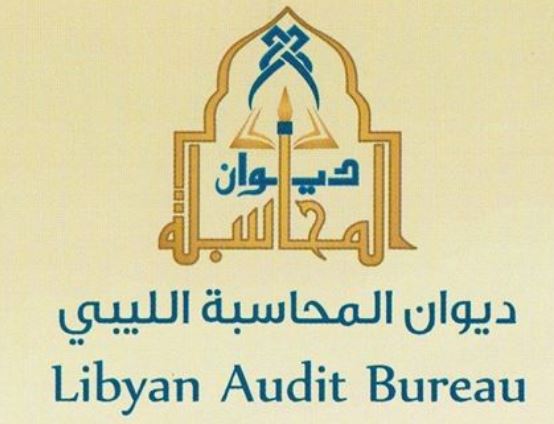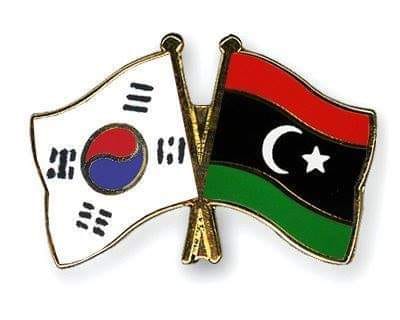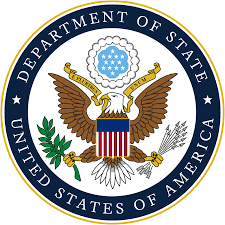
By Oliver Miles.
The author is a former British ambassador to Libya and deputy chairman of the Libyan British Business Council. The views expressed are his own.
What are the prospects for British companies in the new Libya?
The Libyan British Business Council is an association of companies based in Britain which are interested in the Libyan market. The members look to the Council for advice and support.
A fundamental point is that we are committed to the Libyan market for the long-term, and we advise our member companies accordingly.
The LBBC have made two reconnaissance visits since the liberation, in September last year and January 2012. The specific purpose was to consider when to organise a full-scale trade mission, which both we and our members see as a valuable way of building up our contacts and preparing the way for business success.
The general picture is well known. We applaud what the National Transitional Council and the new government have achieved and understand that the present priority is to prepare for elections in June and the eventual creation of a government with a full democratic mandate. Only such a government will be able to take the big decisions about Libya’s future.
Meanwhile, Libya is already receiving many visitors including major trade missions from our competitors. We hear reports that some at least of these missions may have got the timing wrong. Ministers in the present transitional government are not taking major decision on the future. Moreover, they are overloaded with other problems, above all creating the security and other conditions which are essential if the constitutional developments are to proceed as planned and as we all hope. They simply do not have the time and practical resources to welcome a British trade mission as they normally would.
On the other hand, some decisions are inevitably being taken now, particularly in identified priority sectors such as recovery of stolen assets, medical, military (e.g. de-mining) and training. In recognition of this, our second reconnaissance mission included a very small group of relevant companies.
I took part in the second reconnaissance visit. It was a heart-warming experience. I have been visiting Libya for many years but this was a new Libya. We visited Tripoli and Misrata, and in both I saw satisfaction with what has been achieved and hope for the future. Britain’s support for the Libyan Revolution is recognised and we are confident that British companies will get a fair hearing in the market. It is up to them to offer goods and services that match Libyan requirements. If the price, quality and other commercial factors are right, they have every chance of sharing in Libya’s new prosperity.
The news from Libya continues to be encouraging, and to suggest that the process of consolidation and normalisation is going well. Many frozen assets have been released, some stolen assets have been recovered. Oil production has been restored faster than expected, and oil revenue is coming in. On 11 March the National Transitional Council is reported to have approved the government budget of 68 billion Libyan dinars in order to enable the government to meet the demands and expectations of the people. There is progress on regularising the position of the brigades which fought in the revolution.
We therefore do not intend to wait for the constitutional developments in the summer, but are planning a trade mission in April. We will make sure that our members understand the situation. In practice trade missions do not for the most part result in instant business, and their purpose is rather to establish and nourish contacts which will lead to business in the future. We are confident that our Libya friends will do their best to make us welcome. [/restrict]









